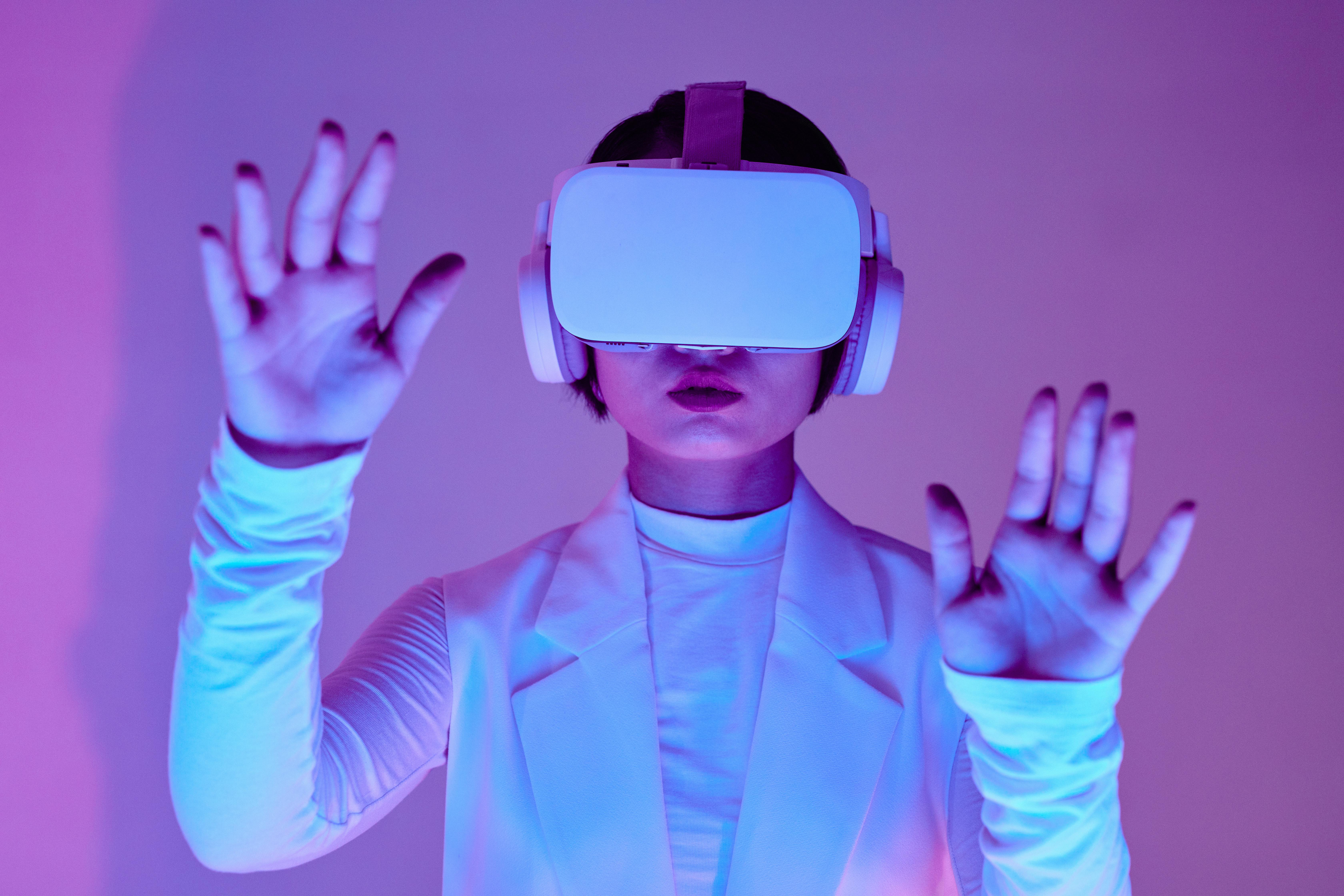In a world where fame is no longer limited to red carpets and Hollywood studios, a new generation of stars is emerging — not born, but created by artificial intelligence. From digital influencers to virtual pop icons, AI-generated celebrities are reshaping entertainment and redefining what it means to be famous in 2025 and beyond.

The Birth of Virtual Fame
Artificial Intelligence has opened the door for a new form of stardom — one that exists purely in the digital world. These virtual celebrities are powered by machine learning and advanced 3D modeling, capable of singing, acting, and even engaging with fans online. They collaborate with real brands, attend digital fashion shows, and sometimes outperform human influencers in popularity and engagement.
One famous example is Lil Miquela, a virtual influencer who has over three million Instagram followers. She’s featured in brand campaigns for Prada, Calvin Klein, and even made appearances at music festivals — all while being entirely computer-generated.
How AI Celebrities Are Changing Entertainment
The entertainment industry has quickly embraced AI-driven personas. From movie trailers to music videos, virtual stars are now being cast as leads, thanks to their flawless design and 24/7 availability. Production costs drop, audience curiosity skyrockets, and content creators gain new freedom to experiment.
- Music: AI can now compose songs, perform vocals, and even hold live digital concerts.
- Film & Animation: Directors are using AI avatars to create emotion-driven performances.
- Social Media: Virtual influencers generate millions in brand revenue annually.

The Pros and Cons of AI-Generated Fame
Like every innovation, digital stardom has both bright and dark sides. Let’s take a closer look:
- Pros: No scandals, full creative control, limitless possibilities, and cross-cultural reach.
- Cons: Lack of authenticity, ethical concerns, and potential job loss for real entertainers.
According to Variety, major entertainment companies are already investing millions in AI-driven content creation — signaling a future where human and machine collaborations dominate the global entertainment scene.
Real Celebrities vs. Virtual Icons
Can AI-generated stars truly replace human emotion and authenticity? While they may never replicate the raw charm of a live performance, they are perfect for branding, marketing, and futuristic storytelling. Many real celebrities are also collaborating with virtual avatars, combining human expression with digital precision.
This new hybrid model is creating a unique entertainment ecosystem — one where creativity is amplified by technology.
What’s Next for the Celebrity World?
The next era of celebrity culture will likely merge AI technology, virtual reality, and human creativity. As fans, we’ll soon attend red carpet events in the metaverse, interact with digital idols, and experience entertainment in ways never imagined before.

Conclusion
AI-generated celebrities represent the future of entertainment — dynamic, innovative, and limitless. While questions of authenticity and ethics remain, there’s no denying that these digital icons are capturing global attention and transforming the celebrity spotlight forever.
In this new age of fame, the line between human and machine blurs — but one thing is certain: the spotlight has never been brighter.
References: IMDB | Billboard | Variety
No comments:
Post a Comment